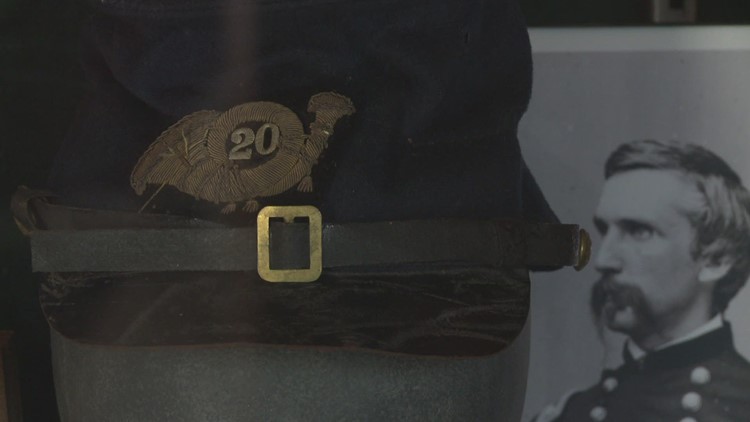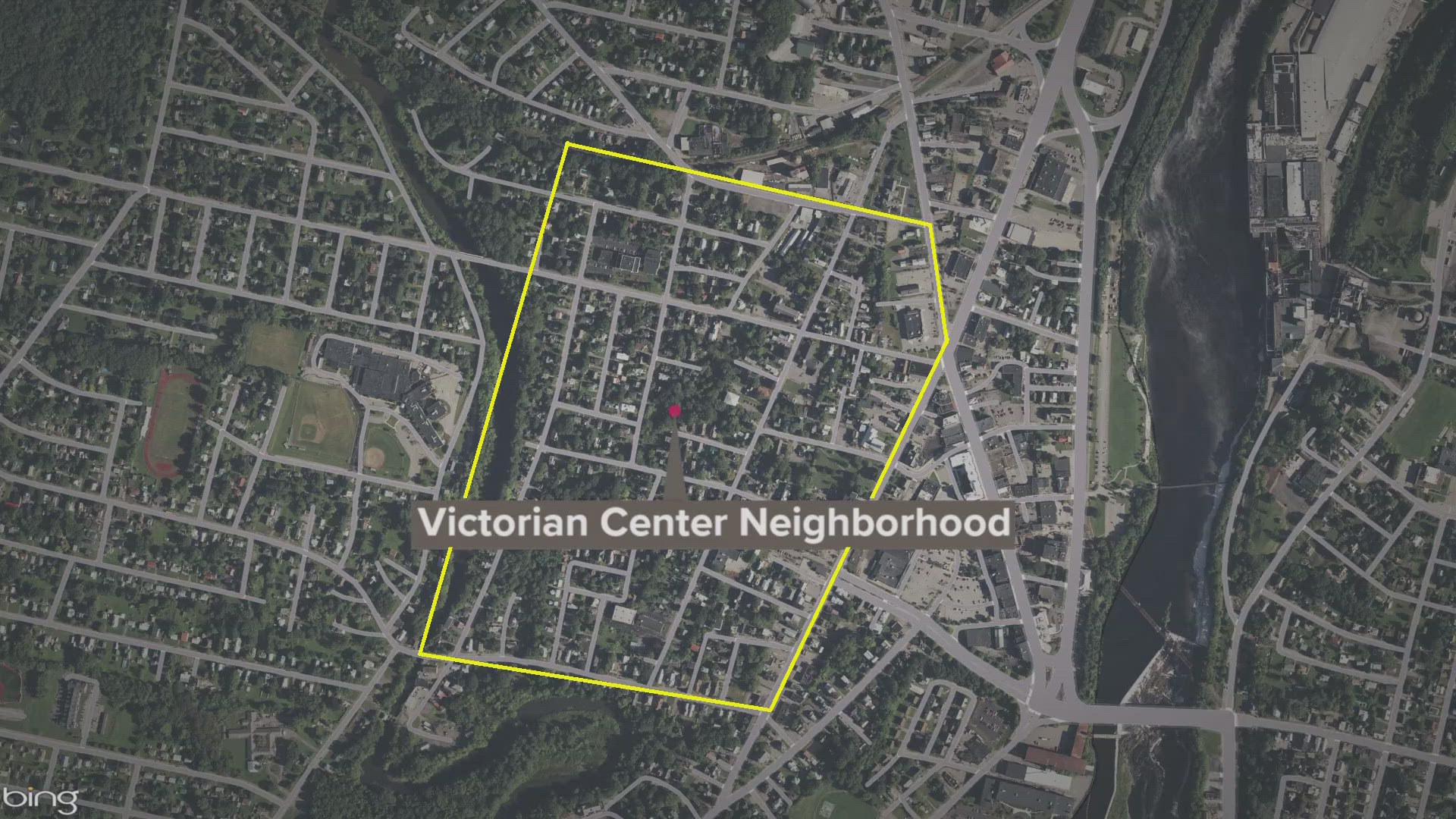BRUNSWICK, Maine — If we are going to heal the political divisions in our country, perhaps we need more leaders like Maine's Joshua Chamberlain.
Chamberlain became legendary for his courage under fire during the Civil War, especially when he led Union troops to victory in the Battle of Gettysburg. For people who know him as a fighter, it may be strange to think of him as a peacemaker. But that's exactly the role he played at a pivotal moment in American history.
On April 9, 1865, the Confederate Army surrendered at the Appomattox Court House in Virginia. Chamberlain was there as the details were sorted out over the next few days. He had plenty of reason to hate the rebels after fighting them for so long but in that moment, as they were marching past him in defeat, Chamberlain ordered his troops to salute them—as fellow soldiers and fellow Americans.
"The situation we're looking at today, you can see those parallels, and if we do not come together, if we do not maintain our standards of decency with one another, what does that mean for us as a nation? What does that say for us as a human species?" Larissa Vigue of the Pejepscot History Center said. "I think we need to look back to leaders like Chamberlain who chose the high road, so to speak, instead of the low road."
The Pejepscot History Center oversees the house where Chamberlain lived in Brunswick. It's now a museum and filled with mementoes of his military service, such as his campaign chest and his sword.
The Chamberlain House has faced the same challenges during the pandemic as every museum. Caretakers have tried to keep a handle on crowds by limiting access to private tours by appointment.
Another option is available on the museum's website. There's a section that leads you on a walking tour around Brunswick to see important places in Chamberlain's life. The website gives you directions to each stop. Once you get there, it provides information on the sights in front of you to put them into historical context.



